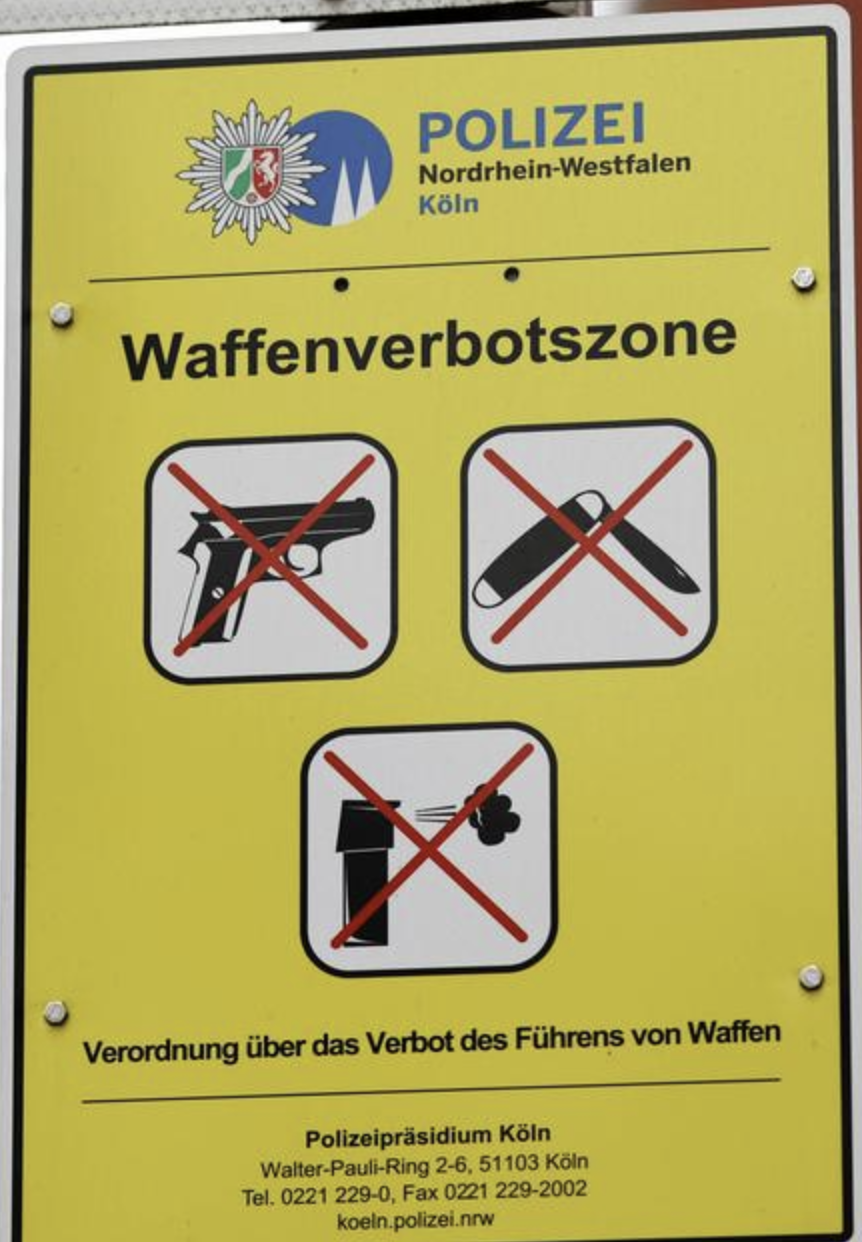

German dubs are actually top notch compared to other countries
This is true for movie productions. They are dubbed well, even to a point where jokes and plays on words are translated as well. On the other hand, cartoons are not. They lack of something that makes them unwatchable when dubbed - I think it’s because some of the play on words and jokes are missing, also the dubbed voices differ extremely from the original. Such thing can make a character appear and be percieved very different, compared to the original. If cartoonn are availiable in original language (English), I’ll prefer that.
Yesterday I watched an interesting video about this topic: Why Germany dubbs movies, but other countries don’t
Warum Deutschland Filme synchronisiert und andere Länder nicht The video comes with insights from a voice actor, who dubbs the voice of Leonardo di Caprio.






All of this applies to many niche communities. In Germany, especially the older forums that are around since the internet became widly popular show such behavior. Take HiFi- forums for example: If your plugs are not made with gold, you are doing it wrong. Also, if you want to spend money for a hobby, don’t bother to start if you are not willing to spend at least an unreasonable ridiculous ammount of Euros.
These enthusiast also complain about a lack of new members. It’s the nobody wants to work anymore sentiment, but with niche hobby communities.